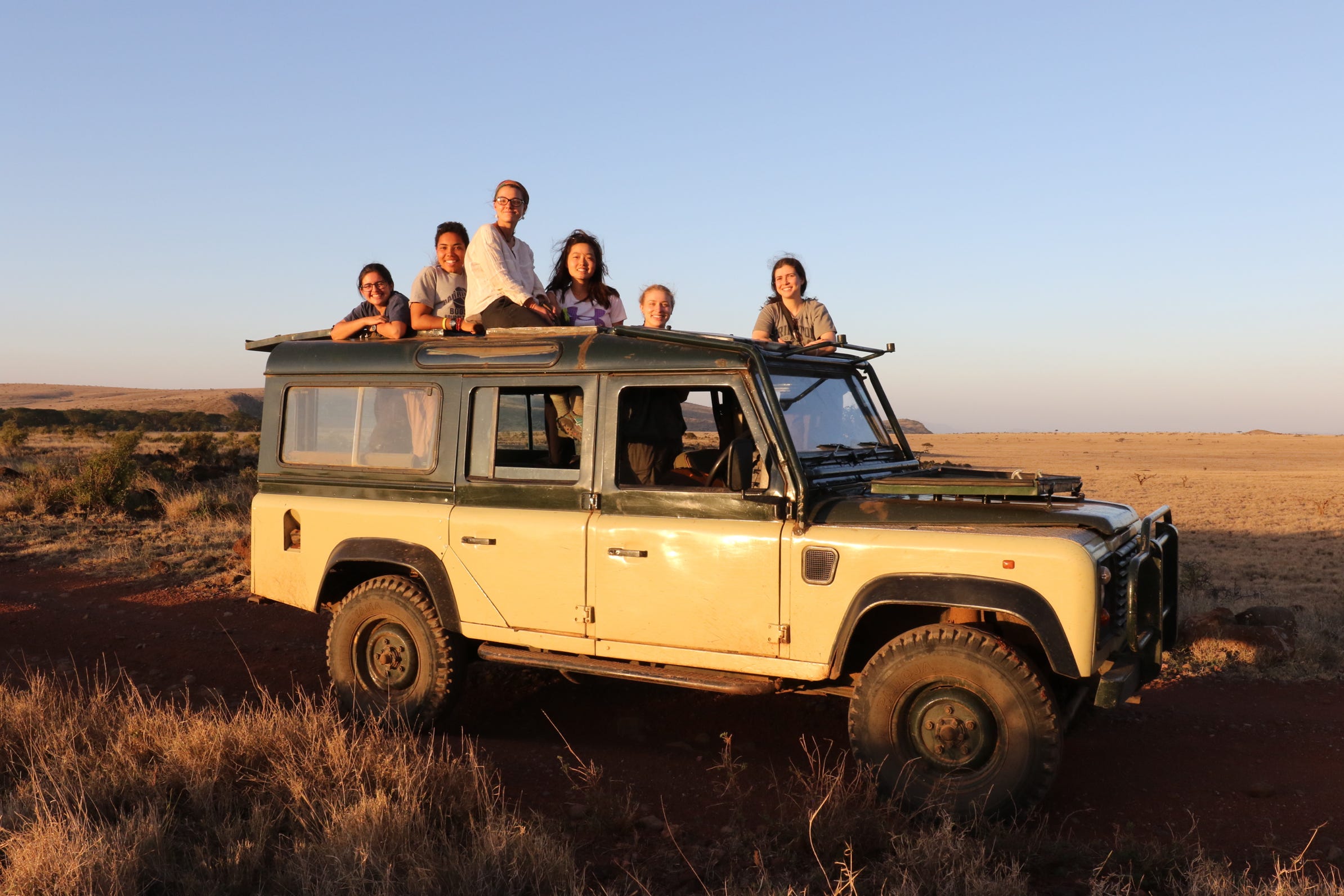
a vibrant community
Columbia is a great place to begin or to continue your academic career. In addition to the diverse community in the Department of Ecology, Evolution and Environmental Biology and its partner institutions, the Rubenstein Lab has strong links to colleagues in the Department of Biological Sciences, Department of Psychology, Program in Neurosciences and Behavior, the Zuckerman Mind Brain Behavior Institute, and the Center for Integrative Animal Behavior. We also interact regularly with colleagues from academic institutions across NYC. Lab members are often affiliated with the American Museum of Natural History, where we do much of our molecular work. We also work closely with the New York Genome Center and a variety of core labs at the Columbia University Medical Center and other local hospitals. While Columbia may be relatively small in size, NYC is not. Whether it is access to a lab, a collaborator, or a colleague, most of what you could ever need is only a short subway ride away. And with three international airports, it’s equally easy to do field work all over the world.
get in touch
We work on a range of questions and study systems, but we all ask fundamental questions in basic science, many of which have implications for conservation and climate change. I encourage you to think big! What are the most interesting problems in behavioral and evolutionary ecology right now and how are you going to solve them? I am particularly excited by applicants looking to integrate studies across sub-disciplines in biology in new and creative ways. What will you bring to the lab to change how we think about a problem—a new idea, question, technique, or way of looking at or interpreting the world?
Your goal as a graduate student should be to not only master your topic of study and become an expert in your discipline and study system, but also to push the field and further develop a body of evolutionary or ecological theory. My job is to help you succeed in doing this. My approach is one of guided independence, but I will work with you to develop questions and formulate hypotheses. I will help you become a better writer and clearer thinker. Although I want most students to do fieldwork, I also require that you learn laboratory techniques so that you become trained as an integrative biologist that can think and work across disciplines. Since integrative research is the future of organismal biology, being trained this way will make you more marketable in the future.
Interested applicants should email their CV, a summary of previous research experience,
and a description of the project that they would like to do at Columbia.
Prospective Ph.D. students should have extensive field and/or lab experience, including having conducted their own independent research. Interested applicants should demonstrate creativity, perseverance, a passion for science, and perhaps most importantly, grit. Students admitted to the Ph.D. program in Environmental Biology will be offered five years of support, including a generous stipend, subsidized housing near campus, and modest research funds.
Prospective M.A. students typically have less experience or are more unsure about what they want to study than prospective Ph.D. students, but I generally look for the same qualities in all graduate students: previous experience with field and/or lab work and a love of science.
Prospective undergraduate students. There are often opportunities for undergrads students to gain experience with molecular techniques, hormone assays, immune assays, bioinformatics, comparative methods or field work. Students work initially with an older member of the lab, eventually developing their own project for a senior thesis. Ultimately, I hope that each undergraduate will publish their thesis in a peer-reviewed journal.
Prospective postdocs. Because my interests are broad and varied, I am open to postdocs wanting to work on a variety of systems and questions. If you are interested in working in my lab, please email me and we can discuss ideas and opportunities. I currently do not have funding to support postdocs, but I am happy to work together on fellowship applications to fund training at Columbia. The best current opportunities for postdoctoral support are fellowships from the Simons Foundation, Fulbright, Marie Curie, NSF, NERC, NSERC, Life Sciences Research Foundation, The Human Frontiers Program, etc.



